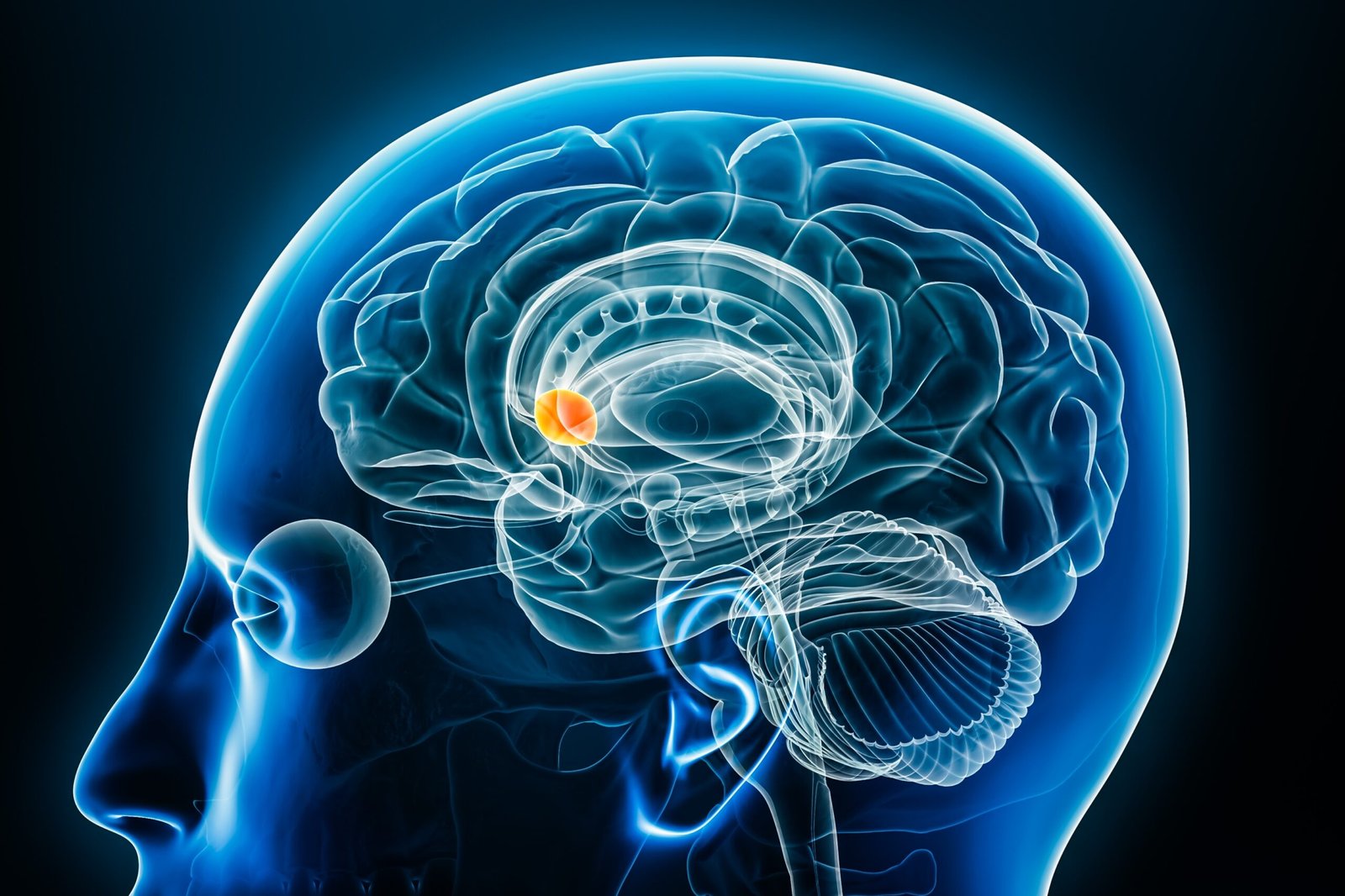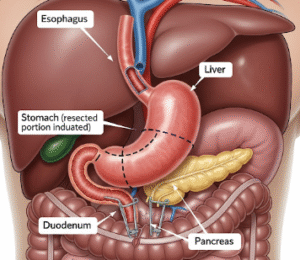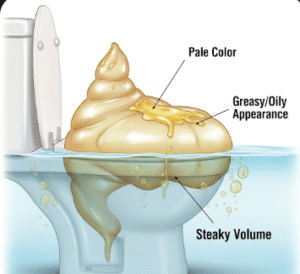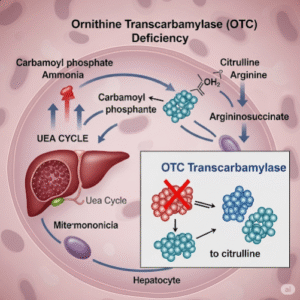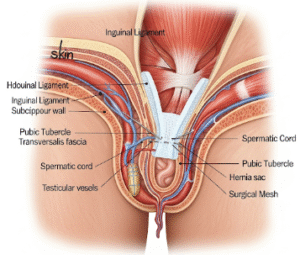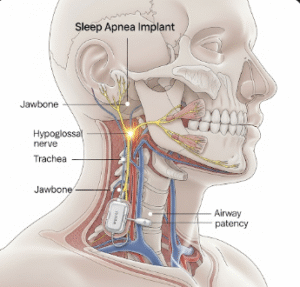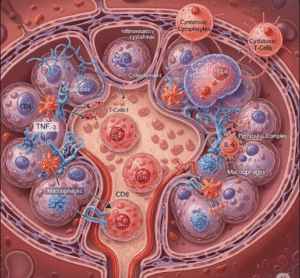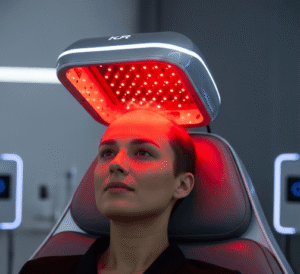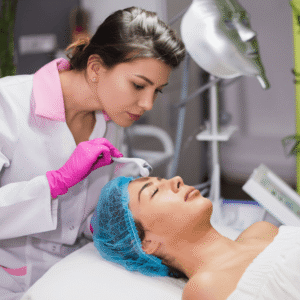Overview
Head tremor is an involuntary, rhythmic shaking of the head that can affect daily activities and social interactions. It is often associated with neurological disorders such as essential tremor or Parkinson’s disease.
In Korea, patients with head tremor are evaluated in neurology clinics and movement disorder centers, where diagnosis, medication, and advanced therapies are provided to manage symptoms effectively.
What is Head Tremor?
Head tremor refers to repetitive, uncontrollable movements of the head, which may be side-to-side (horizontal), up-and-down (vertical), or rotational. It can occur alone (isolated) or as part of other movement disorders, affecting adults more commonly than children.
Symptoms
- Involuntary shaking of the head
- Tremor worsens with stress, fatigue, or voluntary movements
- Mild to severe amplitude affecting daily tasks
- Possible association with hand tremor or voice tremor
- Social embarrassment or self-consciousness
Causes
- Essential tremor (most common)
- Parkinson’s disease or other neurodegenerative disorders
- Dystonia affecting neck muscles
- Medication side effects or withdrawal
- Rare genetic or metabolic conditions
Risk Factors
- Family history of essential tremor
- Age (more common in adults over 40)
- Neurological disorders such as Parkinson’s disease
- Stress, fatigue, or caffeine intake
Complications
- Difficulty with fine motor tasks
- Social anxiety or psychological stress
- Secondary neck pain or muscle strain
- Interference with professional or daily activities
Prevention
- Minimize stress and fatigue
- Limit caffeine and stimulants
- Early evaluation of tremor to rule out underlying disorders
- Regular monitoring if associated with progressive neurological conditions
Treatment Options in Korea
Diagnosis
- Neurological examination focusing on tremor characteristics
- Electromyography (EMG) to assess muscle activity
- Imaging (MRI or CT) to rule out structural brain lesions
- Blood tests for metabolic or drug-induced causes
Medical Treatments
- Beta-blockers (e.g., propranolol) for essential tremor
- Anticonvulsants (e.g., primidone) to reduce tremor severity
- Botulinum toxin injections for localized neck tremors
- Adjusting medications if tremor is drug-induced
Surgical or Advanced Therapies
- Deep brain stimulation (DBS) for severe, medication-resistant tremors
- Focused ultrasound therapy available in select Korean hospitals
- Physical therapy to strengthen neck and shoulder muscles
Rehabilitation and Support
- Occupational therapy for adaptive strategies in daily life
- Speech therapy if voice is affected
- Counseling and support groups for psychological well-being
- Long-term monitoring to adjust treatment as needed

